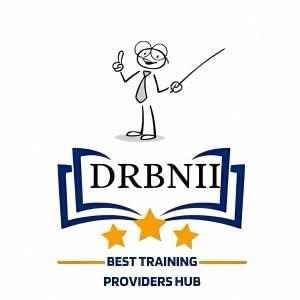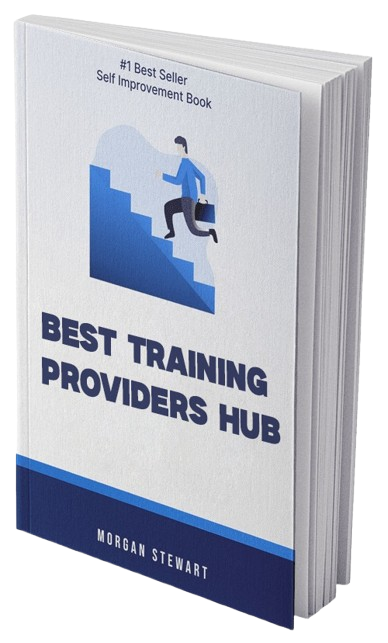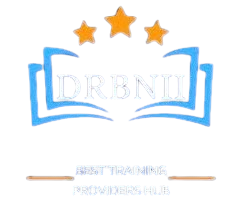Description
- About Course
CFI’s Financial Modeling & Valuation Analyst (FMVA®) Certification imparts vital financial analysis skills, emphasizing constructing effective financial models for confident business decisions. This comprehensive program ensures mastery in modeling, budgeting, forecasting, and overall competency in accounting and finance.
FMVA® equips you with essential skills and tools for success as a financial professional. The hands-on curriculum and real-world applications prepare individuals for roles in investment banking, private equity, M&A, business valuation, and corporate finance. The flexible online format, designed for busy professionals, facilitates self-paced learning for skill enhancement and career advancement. - What Will You Learn?
1- Accounting
Identify key items on the financial statements and describe the interrelationship between all the components
Explain the fundamental accounting principles that underlies detailed accounting standards
Identify the key accounting standards commonly encountered by financial analysts and explain the impact on financial statements and financial models
2- Excel
Utilize the keyboard shortcuts to save time and be more efficient in Excel
Conduct data analysis using data tables, pivot tables, and other common functions
Use advanced formulas and functions to enhance the functionality of financial models
3- Finance
Explain key concepts around capital investments, the capital-raising process, different forms of financing, and the optimal capital structure
Assess the profitability, efficiency, returns, and value of a business using common financial ratios and analytical tools
Use key statistical measures to assess trends and relationships within sets of data
4- Financial Modeling
Build a dynamic, logically designed, well-structured 3-statement financial model
Create multi-year forecasts for the income statement, cash flow, and balance sheet
Perform scenario and sensitivity analyses to enhance the robustness of the financial model
5- Valuation
Identify the different valuation methodologies and discuss the pros and cons of each
Perform a valuation analysis using comparable company and precedent transactions analysis
Calculate the weighted average cost of capital and construct a DCF model in Excel
5- Budgeting & Forecasting
Apply various forecasting techniques to develop a robust financial forecast
Track actual performance against budgeted amounts using variance analysis and other techniques
Analyze the impact of a variance analysis on the financial statements and use the results to improve the budgeting process
6- Presentation & Visuals
Create insightful dashboards and advanced data visualization techniques to communicate the results of financial analysis
Create aesthetically pleasing and insightful charts, graphs, and tables in Excel
Design impactful presentations to communicate key messages to a wide variety of audiences
7- Strategy
Differentiate between the different levels of a company’s strategy
Perform an analysis of external forces and internal competencies and assess the impact on a company’s competitive advantage
Generate, evaluate, and select optimal strategic alternatives and tie these to a company's mission, vision, and goals - Who should attend?
Careers in Financial Modeling & Valuation
Over 85% of executives, supervisors, and HR professionals agree that certified individuals bring value, gain credibility, and are seen as top performers.
1- Financial Planning & Analysis
Develop budgets and forecasts that support a corporation’s strategic planning process.
2- Equity Research
Provide investors with financial analysis and recommendations on whether to buy, hold, or sell a particular investment.
3- Investment Bankers
Provide capital market financing and financial advisory services (e.g. M&A, restructurings).
4- Corporate Development
Pursue and execute organic and inorganic growth opportunities for a corporation.
5- Private Equity
Invest in businesses with the goal of increasing their value over time before divesting the investment.
Categories
Skills
Cash Flow Analysis, Business Analysis, Business Analytics, Business Mathematics, Business Strategy
video URL
levels
Advanced
Study Mode
classroom, online




Add a review